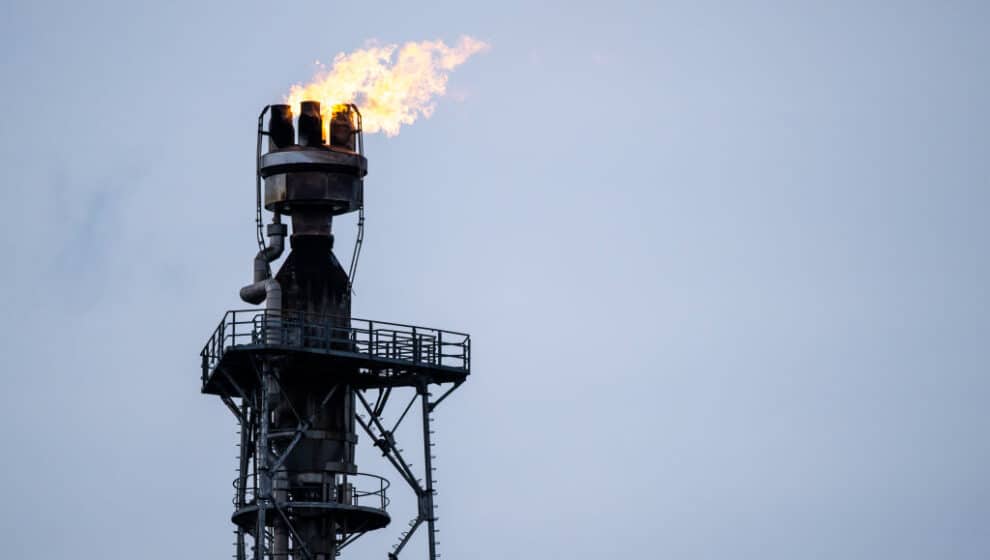Oil prices are on the rise again after Russia announced plans to reduce its oil output, in a reaction to the EU’s push for a price cap.
Key Details
- In response to Western plans for a Russian oil price cap, Russia announced plans last week to reduce its oil production next month.
- Following the announcement, oil prices rose more than 2% and had weekly gains of 8%, Reuters reports.
- Brent crude futures settled at $86.39 per barrel, and U.S. West Texas Intermediate crude futures reached $79.72 per barrel, a 2.2% and 2.1% increase, respectively.
- Russia plans to cut back on its oil output by about 5%—nearly 500,000 barrels per day—in March.
- The production reduction is one indicator that Western price caps, which began in early February, may be succeeding at reducing Russian revenue from oil.
- OPEC+ has not announced any plans to change oil production following Russia’s announcement, Reuters reports.
Why it’s news
While the price cap on Russian oil is intended to undermine Russia following its invasion of Ukraine, reduced oil output could affect fuel prices for consumers. Continuing low demand in China and recession concerns in the U.S. have so far kept prices lower than expected.
Goldman Sachs forecasted that the 2023 Brent price will now be $92 per barrel. Its previous prediction was $98 per barrel.
Oil demand in China could shift as the country reopens following its strict Zero-COVID policies. U.S. oil supply is fluctuating as it reduced the most natural gas rigs in one week since October 2017 yet added the most since June, Reuters reports.
Backing up a bit
A European cap on the price of Russian crude oil is just the latest attempt to dissuade Russia from its ongoing war with Ukraine. Already measures to restrict Russian revenue have caused energy prices to spike in Europe. A price cap would allow oil to be distributed and potentially lower global energy prices but still cut into Russian revenue.
While European countries have discussed a potential price cap since Russia invaded Ukraine at the beginning of last year, the countries disagreed over how aggressive the cap should be.
Poland and the Baltic nations called for a lower price cap than the suggested $60 to put more pressure on Russian leaders. Countries like Greece that largely depend on shipping revenue pushed for higher prices.
The price cap requires a delicate balance as Russia may make good on its threat to cut off all oil supply if it is too low.
In January, European officials agreed on a $60 cap.

